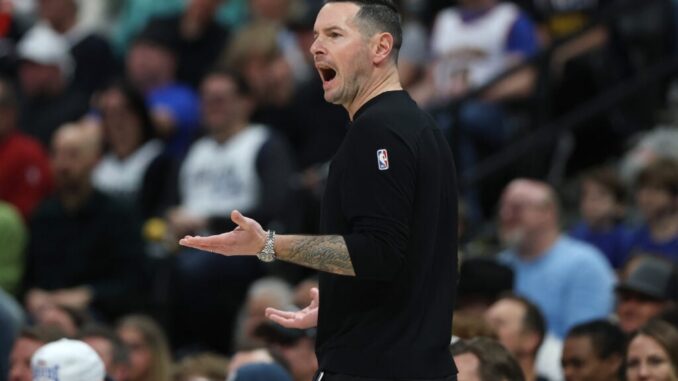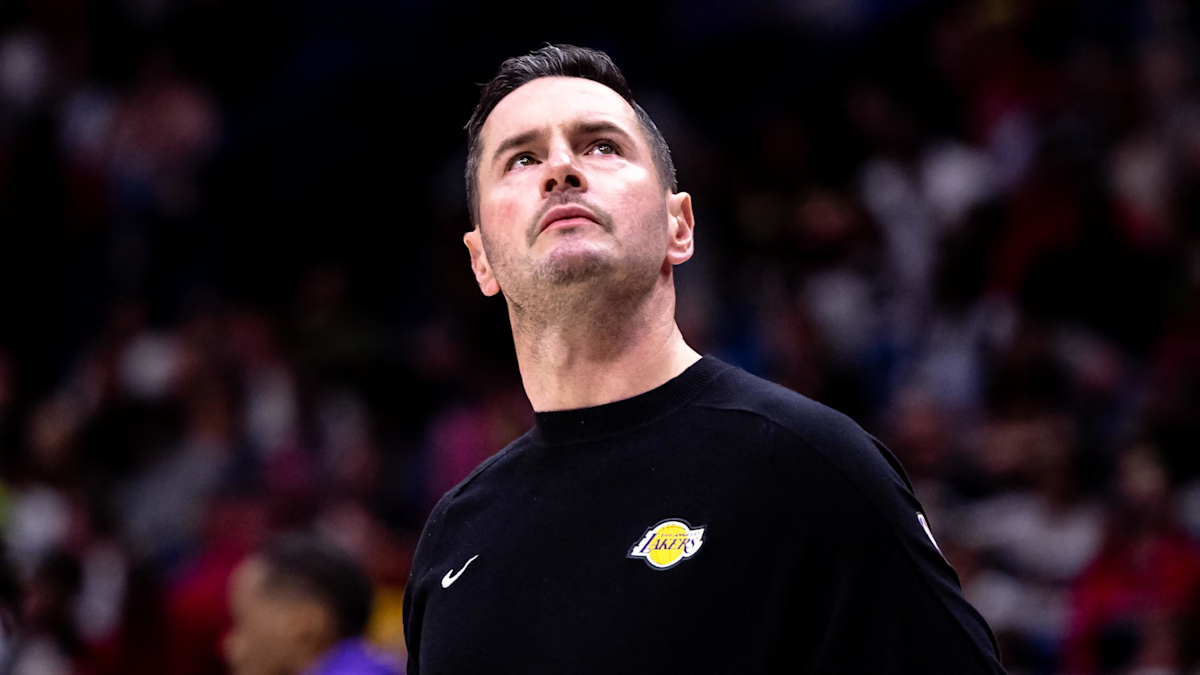
“News Flash: Perkins Makes Bold Claim About Redick.” In March 2023, a heated debate unfolded on ESPN’s “First Take” between analysts Kendrick Perkins and JJ Redick, centering on the role of racial bias in NBA Most Valuable Player (MVP) voting. The discussion was ignited by Perkins’ assertion that white players, such as Nikola Jokic, Dirk Nowitzki, and Steve Nash, have historically benefited from preferential treatment in MVP selections, especially when their scoring statistics did not rank among the league’s top ten.
Perkins highlighted that since 1990, only three players have won the MVP award without being in the top ten for points per game: Nash, Nowitzki, and Jokic—all of whom are white. He suggested that this pattern might indicate a racial bias among MVP voters, who are predominantly white. Perkins stated, “When it comes down to guys winning MVP since 1990, it’s only three guys that won the MVP that wasn’t top 10 in scoring… Now, what do those guys have in common? I’ll let it sit there and marinate. You think about it.”
On a subsequent episode of “First Take,” Redick responded passionately, stating, “What we’ve just witnessed is the problem with this show. Where we create narratives that do not exist in reality. The implication, what you are implying, is that the white voters that vote on NBA are racist, that they favor white people.

Redick further countered Perkins’ argument by pointing out that Magic Johnson, an African American player, won the MVP award three times (1987, 1989, and 1990) despite not finishing in the top ten in scoring during two of those seasons. This example was used to demonstrate that MVP voting considerations extend beyond scoring statistics and that players of all races have been recognized based on a holistic assessment of their contributions to the game.
The exchange between Perkins and Redick sparked widespread discussion within the sports community. Some observers supported Perkins’ viewpoint, suggesting that unconscious biases could influence voting patterns, while others sided with Redick, emphasizing the importance of evaluating players based on a comprehensive set of performance metrics rather than focusing solely on race or scoring averages.
In the days following the debate, both analysts addressed the controversy. Perkins clarified that his intention was to highlight feelings that many former African American players have harbored for decades regarding MVP voting and to initiate a necessary conversation about potential biases in the selection process. He expressed appreciation for Redick’s challenge, acknowledging that it led to a meaningful and uncomfortable yet essential dialogue.
He underscored the importance of grounding debates in reality to avoid perpetuating unfounded narratives that could undermine the integrity of the sport and its award processes.
This incident underscores the complexities inherent in discussions about race and recognition in professional sports. It highlights the necessity for open, respectful dialogues that consider both statistical evidence and personal experiences to address potential biases and ensure fairness in accolades like the MVP award.

As the NBA continues to evolve, this discourse contributes to ongoing efforts to foster inclusivity and equity within the league. By confronting challenging topics head-on and embracing diverse perspectives, the basketball community can work towards a more just and representative environment for all its members.
Leave a Reply